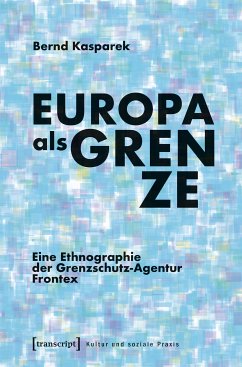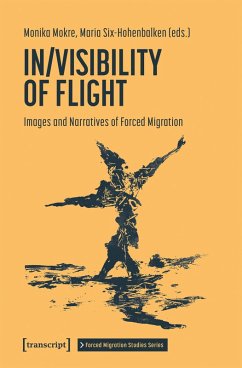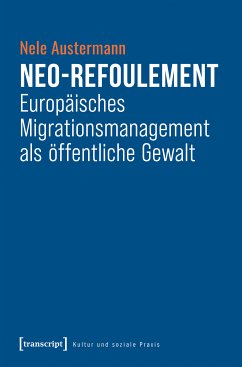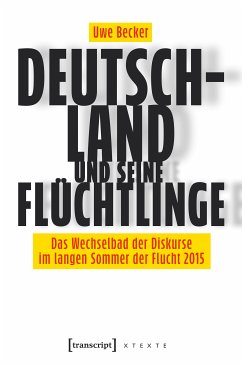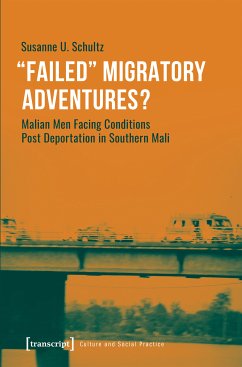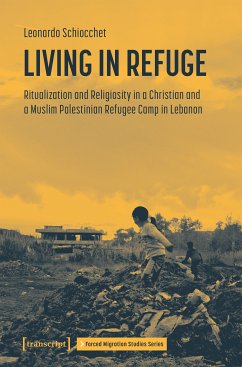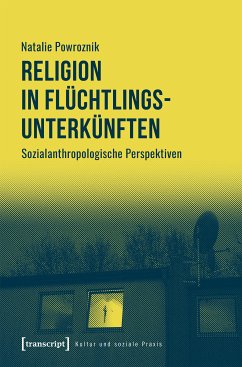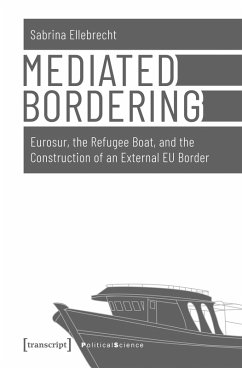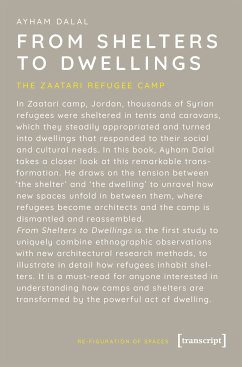
Embodied Violence and Agency in Refugee Regimes (eBook, PDF)
Anthropological Perspectives
Redaktion: Bauer-Amin, Sabine; Six-Hohenbalken, Maria; Schiocchet, Leonardo

PAYBACK Punkte
0 °P sammeln!
Multiple refugee regimes govern the lives of forced migrants simultaneously but in an often conflicting way. As a mechanism of inclusion/exclusion, they tend to engender the violence they sought to dissipate. Protection and control channel agency through mechanisms of either tutelage and victimisation or criminalisation. This book contrasts multiple groups of refugees and refugee regimes, revealing the inherent coercive violence of refugee regimes, from displacement and expulsion, to stereotypification and exclusion in host countries, and academic knowledge essentialisation. This violence is i...
Multiple refugee regimes govern the lives of forced migrants simultaneously but in an often conflicting way. As a mechanism of inclusion/exclusion, they tend to engender the violence they sought to dissipate. Protection and control channel agency through mechanisms of either tutelage and victimisation or criminalisation. This book contrasts multiple groups of refugees and refugee regimes, revealing the inherent coercive violence of refugee regimes, from displacement and expulsion, to stereotypification and exclusion in host countries, and academic knowledge essentialisation. This violence is international, national, society-based, internalised, and embodied - and it urgently needs due scholarly attention.
Dieser Download kann aus rechtlichen Gründen nur mit Rechnungsadresse in A, D ausgeliefert werden.




